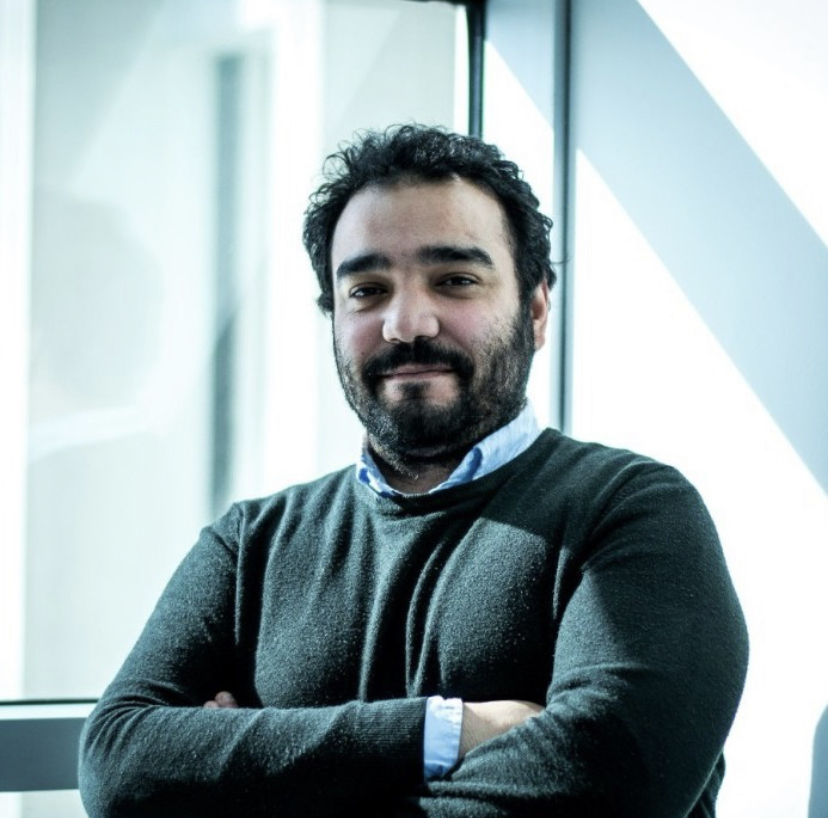Fares Saidi
“Winning this award means recognition for the work I put in during my PhD, and recognition for all the people involved in my work, without whom it would never have been possible.”
Fares Saidi
PhD in biology, 2023
Centre Armand-Frappier Santé Biotechnologie
Supervisor : Salim Timo Islam
Thesis defense of Fares Saidi: “Elucidation of the roles of secreted polysaccharides in bacterial multicellularity”
During his PhD under the supervision of Professor Salim Timo Islam, Fares' scientific work led to the publication of eight scientific papers, five of which were first-authored. One of these was selected for the cover of the journal Molecular Microbiology.
Fares' publications have been cited more than 80 times and viewed more than 21,000 times in four years. Fares has also presented seven oral papers and nine posters at national and international conferences. He has benefited from collaborations in France, the United States, Belgium and India. Finally, he supervised several students during his thesis and played an active role in the student life of his center, as well as in the organization of an international congress.
What brought you to INRS and what do you remember the most about your experience?
What brought me to INRS was my meeting with Prof. Salim Timo Islam at the CNRS in Marseille, France. Prof. Islam has a great deal of expertise in the study of the machinery that produces certain bacterial polysaccharides, and he works with a bacterial model that really interested me. What I retain from my experience at INRS is the important scientific exchanges between the different teams making up the Centre Armand-Frappier Santé Biotechnologie. A human and scientific enrichment that is essential for the rest of my career.
Could you describe the challenge and impact of the research presented in your doctoral thesis?
My thesis highlighted the importance of bacterial polysaccharides in cellular organization, both from a unicellular and multicellular point of view. It also established a new paradigm for the bacterial polysaccharide production machinery present in many bacteria.
What's the next chapter for you, now that you've graduated?
The next step in my career is to complete my post-doctoral studies, acquiring new expertise and taking on new challenges, drawing on everything I've learned at INRS.

